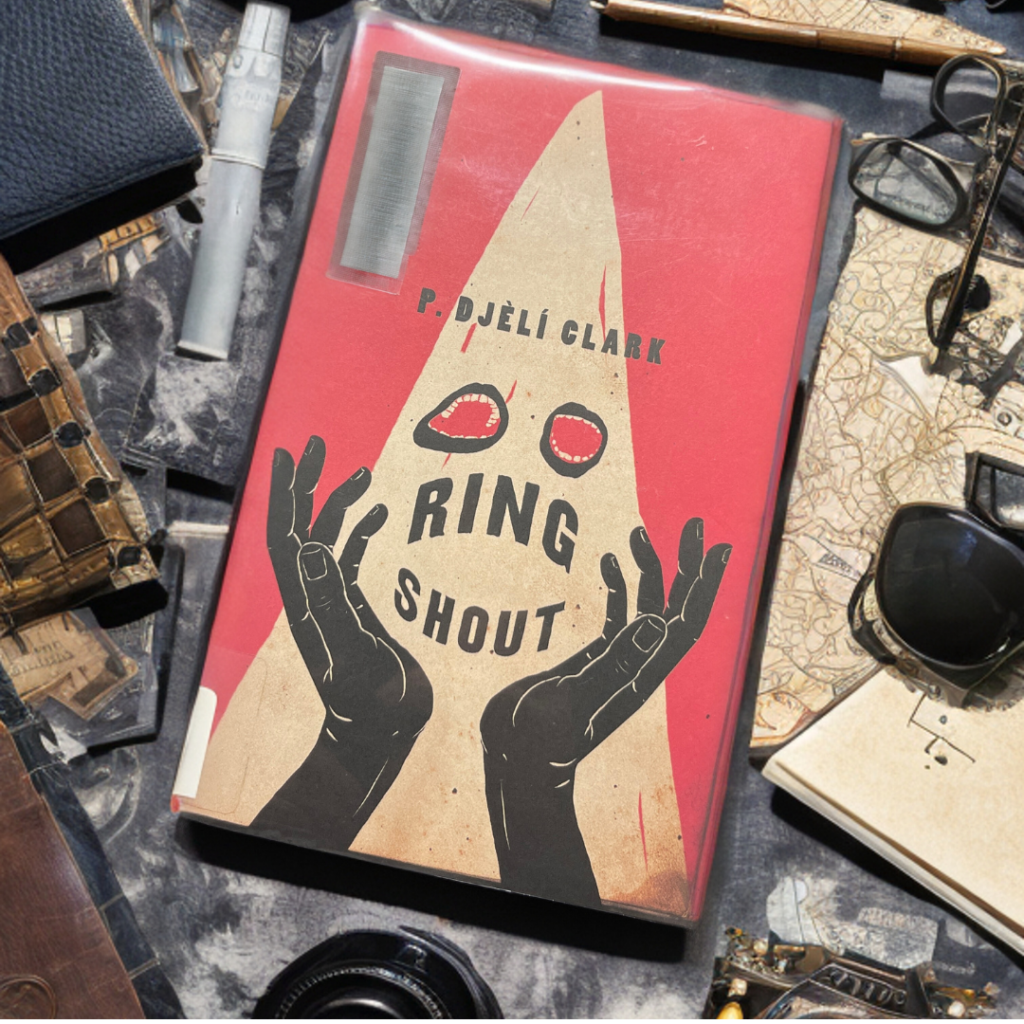This summer, as part of my doctoral work, one of my courses focuses on leading organizational change. The text, Leadership and the New Science, offers a challenging perspective on leadership.
While we normally think of organizations as well-structured, curated entities, the author here delves into fields of quantum physics and chaos theory, positing that the structure of an organization only becomes apparent after being constructed naturally, after the chaos.
Yes, it’s different. But I’m enjoying the perspective, particularly when thinking about public schools and how we just keep trying to organize teachers and students into neat little groups that fit into certain categories.
Hint: that don’t work. Period.
Forgive my foray into Kentucky speak.
Information was the topic of a recent chapter and how it influences organizations. Or, perhaps, how it builds organizations, giving life to them.
Below are some thoughts I shared with the group:
“In a constantly evolving, dynamic universe, information is a fundamental yet invisible player, one we can’t see until it takes physical form. Something we cannot see, touch, or get our hands on is out there, influencing life. Information seems to be managing us”
Wheatley, 2006, p. 96
For most of my life, I’ve been a dealer in information. Whether it was teaching amateur performers how to harmonize in a small church choir, training employees and salespeople, teaching middle school math students, or writing articles, videos, tweets, podcasts, etc., for people worldwide on technology and education topics, I’m an information dealer.
Information, above all else, wants to be and should be free. At least, that’s what people who are smarter than me have said. Stewart Brand brought this concept into being in the early years—the very early years—of the digital age. At the first Hacker’s Conference, then again in his 1987 book The Media Lab, Brand declared, “Information wants to be free” (Brand, 1987; O’Leary, 2009). This thought became a slogan for the early hacker community (no, not those hackers, the good kind), placed forever in Hacker Ethics (The Hacker’s Ethic, 2001).
The Internet, at first a connection between 12 universities to share resources and information (High, 2018), became the democratizing force of the modern world. Over several decades, the internet has made it easier and faster to access vast information and knowledge from anywhere in the world (Castells, n.d.).
But what does this have to do with organizational leadership? Every organization communicates, and what they communicate, in its simplest form, is information.
As Wheatley (2006) discusses, information is a fundamental player in every organization, including schools (p. 96). In my experience, communicating information to every stakeholder is essential for a well-functioning school. Communicating with all stakeholders builds trust, transparency, and a positive school culture. When school leaders effectively communicate with students, parents, staff, and community members, they can keep everyone informed about what is happening inside the school and create a sense of belonging and ownership (Gurganus, 2019).
When I think about the flow of information in schools, I think back to Wheatley’s (2006) words on the Colorado River finding more than one way to reach the ocean (p.18) and how schools are finding new ways to share information within the organization as well as with the broader school community. I can only think that, as we get better at sharing information, our schools will continue to improve, and our discussions about what is equitable for all students will help guide education into a bright future.
References:
Brand, S. (1987). The media lab: Inventing the future at MIT. Viking.
Castells, M. (n.d.). The impact of the internet on society: A global perspective. OpenMind. Retrieved June 11, 2023, from https://www.bbvaopenmind.com/en/articles/the-impact-of-the-internet-on-society-a-global-perspective/
Gurganus, R. (2019, May 7). Reaching the masses: Communicating with all stakeholders. NASSP. https://www.nassp.org/2019/05/07/reaching-the-masses-communicating-with-all-stakeholders/
High, P. (2018, March 26). The father of the internet, Vint Cerf, continues to influence its growth. Forbes. https://www.forbes.com/sites/peterhigh/2018/03/26/the-father-of-the-internet-vint-cerf-continues-to-influence-its-growth/
O’Leary, B. (2009, October 20). 75 words. Magellan Media Partners. https://magellanmediapartners.com/publishing-innovation/75_words/
The hacker’s ethic. (2001, November 30). https://web.archive.org/web/20011130010117/http://hoshi.cic.sfu.ca/~guay/Paradigm/Hacker.html
Wheatley, M. J. (2006). Leadership and the new science: Discovering order in a chaotic world (3rd ed). Berrett-Koehler Publishers, Inc.
The Eclectic Educator is a free resource for everyone passionate about education and creativity. If you enjoy the content and want to support the newsletter, consider becoming a paid subscriber. Your support helps keep the insights and inspiration coming!



